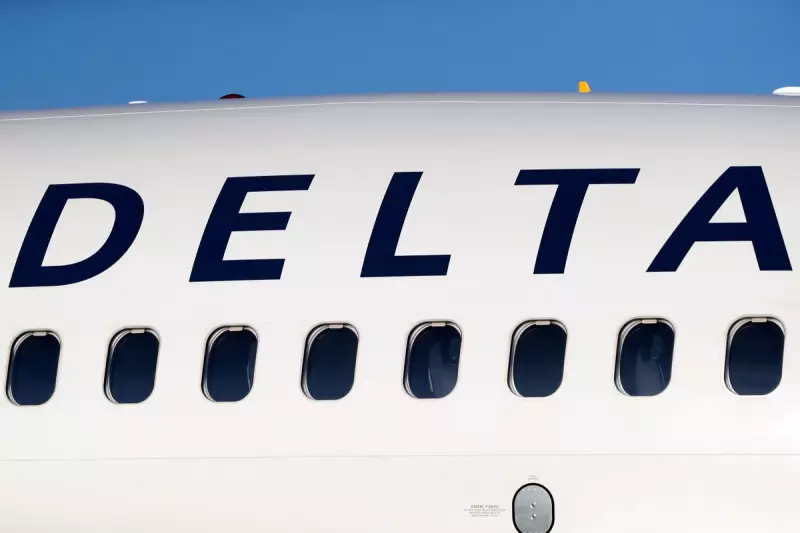
Two of America's aviation giants, Delta Air Lines and United Airlines, find themselves in the legal crosshairs following a proposed class-action lawsuit that accuses them of a 'bait-and-switch' scheme over seating.
The legal filing, submitted in a federal court, alleges the carriers have been systematically deceiving passengers by charging extra fees for 'preferred' window and aisle seats—accommodations that were once considered standard and are, in many cases, the only ones available.
The Core of the Controversy
The lawsuit paints a picture of a calculated strategy by the airlines to squeeze more revenue from customers. It claims that both carriers have deliberately reduced the number of standard economy seats on their aircraft, funnelling passengers towards paid 'Preferred' or 'Advanced' seating options.
The plaintiffs argue this practice is fundamentally deceptive, suggesting that by labelling these common seats as 'preferred,' the airlines are creating a false hierarchy and misleading travellers about what is included in their base fare.
A Widespread Problem for Travellers
This isn't an isolated incident affecting a handful of flights. The lawsuit seeks to represent all passengers who have flown on either airline within the last four years and were compelled to pay these disputed seat selection fees. This potentially encompasses millions of travellers who have faced this frustrating upsell at the booking stage.
One of the plaintiffs recounted a experience where, upon checking in, nearly all available seats were categorised as 'preferred' and carried an additional charge, leaving no truly free option.
What the Airlines Are Saying
As the story develops, both Delta and United have been approached for comment. The case shines a harsh light on the increasingly common practice of 'unbundling' services—where features that were once included in the ticket price are now sold as extras, from seat selection to checked bags.
The Legal Demands
The class-action suit is seeking financial restitution for all affected passengers. More broadly, it aims to force a permanent change in how the airlines advertise and sell their seats, demanding greater transparency to ensure customers know exactly what they are—and are not—paying for when they book a flight.
This legal challenge represents a significant pushback against the ancillary fee model that has become a major profit centre for the industry, questioning where the line is drawn between fair commerce and misleading practice.




